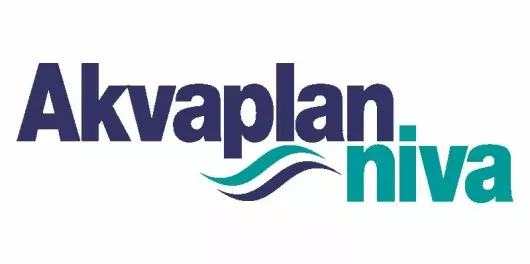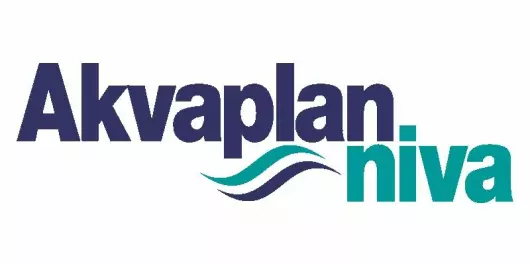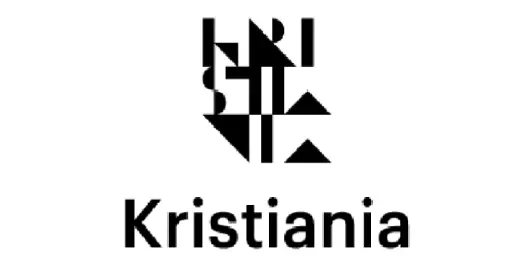Ledig stilling på Universitetet i Oslo
Blindern og Urbygningen (Foto: Wikimedia og Colourbox)
PhD Research Fellow in Transmission Electron Microscopy
Deadline: 28.02.2023
Job description
Universitetet i Oslo
The University of Oslo is Norway’s oldest and highest rated institution of research and education with 28 000 students and 7000 employees. Its broad range of academic disciplines and internationally esteemed research communities make UiO an important contributor to society.
The research at the Department of Physics covers a broad range of subfields within physics and technology: From space research to medical physics. A good proportion of the research is interdisciplinary, and conducted in close cooperation with collaborators in Norway and abroad.
Education and teaching are other essential activities. We offer a broad range of courses, and the Department is involved in several study programmes at bachelor’s and master’s level. Some of the best lecturers in Norway are amongst our employees, and we are proud of our prizewinning teaching and learning environment. The Department has 200 employees, of which 50 are permanent scientific positions. On a yearly basis 20 students complete their Ph.D. and 50 finish their M.Sc. degree.
Position as PhD Research Fellow in Transmission Electron Microscopy of Ferroelectric Thin Films for Integrated Circuit Applicationis available at the Department of Physics / Centre for Materials Science and Nanotechnology.
No one can be appointed for more than one PhD Research Fellowship period at the University of Oslo. Starting date no later than October 1, 2023.
The fellowship period is 3 years. A fourth year may be considered with a workload of 25 % that normally consists of teaching. This is dependent upon the qualification of the applicant and the current needs of the department.
More about the position
With the semiconductor industry getting close to the inherent limits of conventional silicon technology, there is a strong interest in designing and implementing new materials that can push and move the field beyond Moore’s law. A range of different strategies show great promise, including the use of complex oxides to enhance existing, or even integrate new, functionalities.
One approach with particular appeal is the exchange of the conventional dielectric in Metal-Oxide-Semiconductor Field-Effect-Transistors (MOSFETs) with a ferroelectric material. Ferroelectric materials show spontaneous polarization due to non-centrosymmetry in their crystal symmetry. Using such materials in electronics has three important implications, all with the possibility to significantly advance the field. First, ferroelectrics are usually very good dielectrics, and can push the limits of conventional MOSFETs. Second, since ferroelectrics are spontaneously polarized and the polarization is retained over long periods of time without applying a gate voltage, MOSFETs with ferroelectrics can operate at much lower energy cost. Last, the polarization direction is stored upon removing the gate voltage, allowing unification of memory and computing in a single unit. This may open for physical manifestations of neural networks, previously only realized in virtual environments.
The integration of ferroelectric thin films in MOSFET structures, however, require exceptional control of film structural- and chemical quality. Such control can only be achieved by dynamic feedback between excellent characterization and state-of-the-art deposition technology. At UiO, we have developed a method for low-temperature direct epitaxy of functional complex oxides using Atomic Layer Deposition (ALD). This checks all the boxes for a technique for facile integration of ferroelectrics in novel transistors. Still, to what degree structure and functionality can be tuned, and with which parameters, require extensive investigation of synthesis-structure-property relations.
The PhD fellowship is focused on providing crucial and highly detailed information on structure and chemical properties of these materials down to the atomic scale, thus playing an integral part in the development of novel ferroelectric thin films for implementation in MOSFETs at UiO. This will be done combining atomically resolved Scanning Transmission Electron Microscopy (STEM) imaging, Electron Energy Loss Spectroscopy (EELS) and Energy Dispersive X-ray Spectroscopy (EDXS). The PhD candidate will prepare TEM samples, carry out experiments and analyze the resulting data, making use of the excellent facilities provided by the Norwegian Centre for Transmission Electron Microscopy (NORTEM) in Oslo. The work will be carried out in close collaboration with senior researchers and students driving the ALD activity within the project. There will be opportunities for direct involvement in the ALD synthesis.
Qualification requirements
The Faculty of Mathematics and Natural Sciences has a strategic ambition to be among Europe’s leading communities for research, education and innovation. Candidates for these fellowships will be selected in accordance with this, and expected to be in the upper segment of their class with respect to academic credentials.
Required:
- Master’s degree or equivalent in physics, chemistry or materials science
- Foreign completed degree (M.Sc.-level) corresponding to a minimum of four years in the Norwegian educational system
- Solid understanding of crystal structure and bonding in inorganic materials
Desired:
- A strong background in (S)TEM, EELS and EDS
- Strong skills in relevant data analysis, e.g., using the Gatan’s Digital Micrograph software or Python (including TEM-focused libraries, such as HyperSpy)
- Practical experience with crystal structure characterization
Candidates without a Master’s degree have until 30 June, 2023 to complete the final exam.
Grade and language requirements:
The norm is as follows:
- The average grade point for courses included in the Bachelor’s degree must be C or better in the Norwegian educational system.
- The average grade point for courses included in the Master’s degree must be B or better in the Norwegian educational system.
- The Master’s thesis must have the grade B or better in the Norwegian educational system
- Fluent oral and written communication skills in English
- For candidates who would like to apply for a fourth year including teaching, good knowledge of Norwegian or another Scandinavian language is strongly preferred.
- English requirements for applicants from outside of EU/ EEA countries and exemptions from the requirements
Personal skills:
- We are seeking a candidate who is flexible, good at taking the initiative and, with excellent communication and interpersonal skills.
The purpose of the fellowship is research training leading to the successful completion of a PhD degree.
The fellowship requires admission to the PhD programme at the Faculty of Mathematics and Natural Sciences. The application to the PhD programme must be submitted to the department no later than two months after taking up the position. For more information see:
The position's subject area may require licensing under the Norwegian Export Control Act. In order to be considered for the position, it is a prerequisite that UiO must be able to be granted such licence.
We offer
- Salary NOK 501 200 – 544 400 per annum depending on qualifications and seniority as PhD Research Fellow (position code 1017)
- Attractive welfare benefits and a generous pension agreement
- Vibrant international academic environment
- Career development programmes
- Oslo’s family-friendly surroundings with their rich opportunities for culture and outdoor activities
How to apply
The application must include:
- Cover letter – statement of motivation and research interests
- CV (summarizing education, previous positions and academic work)
- Copies of the original Bachelor and Master’s degree diploma, transcripts of records
- Documentation of English proficiency
- List of any publications and academic work that the applicant wishes to be considered by the evaluation committee
- Names and contact details of 2-3 references (name, relation to candidate, e-mail and telephone number)
- Applicants who are interested in teaching need to add to this application a description of their motivation for and (if any) experience with teaching.
The application with attachments must be delivered in our electronic recruiting system (please follow the link “Apply for this job”). Foreign applicants are advised to attach an explanation of their University's grading system. Please note that all documents should be in English or a Scandinavian language.
Interviews will be part of the hiring process.
Formal regulations
Please see the guidelines and regulations for appointments to Research Fellowships at the University of Oslo.
According to the Norwegian Freedom of Information Act (Offentleglova) information about the applicant may be included in the public applicant list, also in cases where the applicant has requested non-disclosure.
The University of Oslo has an agreement for all employees, aiming to secure rights to research results etc.
Inclusion and diversity are a strength. The University of Oslo has a personnel policy objective of achieving a balanced gender composition. Furthermore, we want employees with diverse professional expertise, life experience and perspectives.
If there are qualified applicants with disabilities, employment gaps or immigrant background, we will invite at least one applicant from each of these categories to an interview.
Contact information
For further information please contact:
For questions regarding Jobbnorge, please contact HR Adviser Elin Thoresen, e-mail: elin.thoresen@mn.uio.no.
Apply for this job














